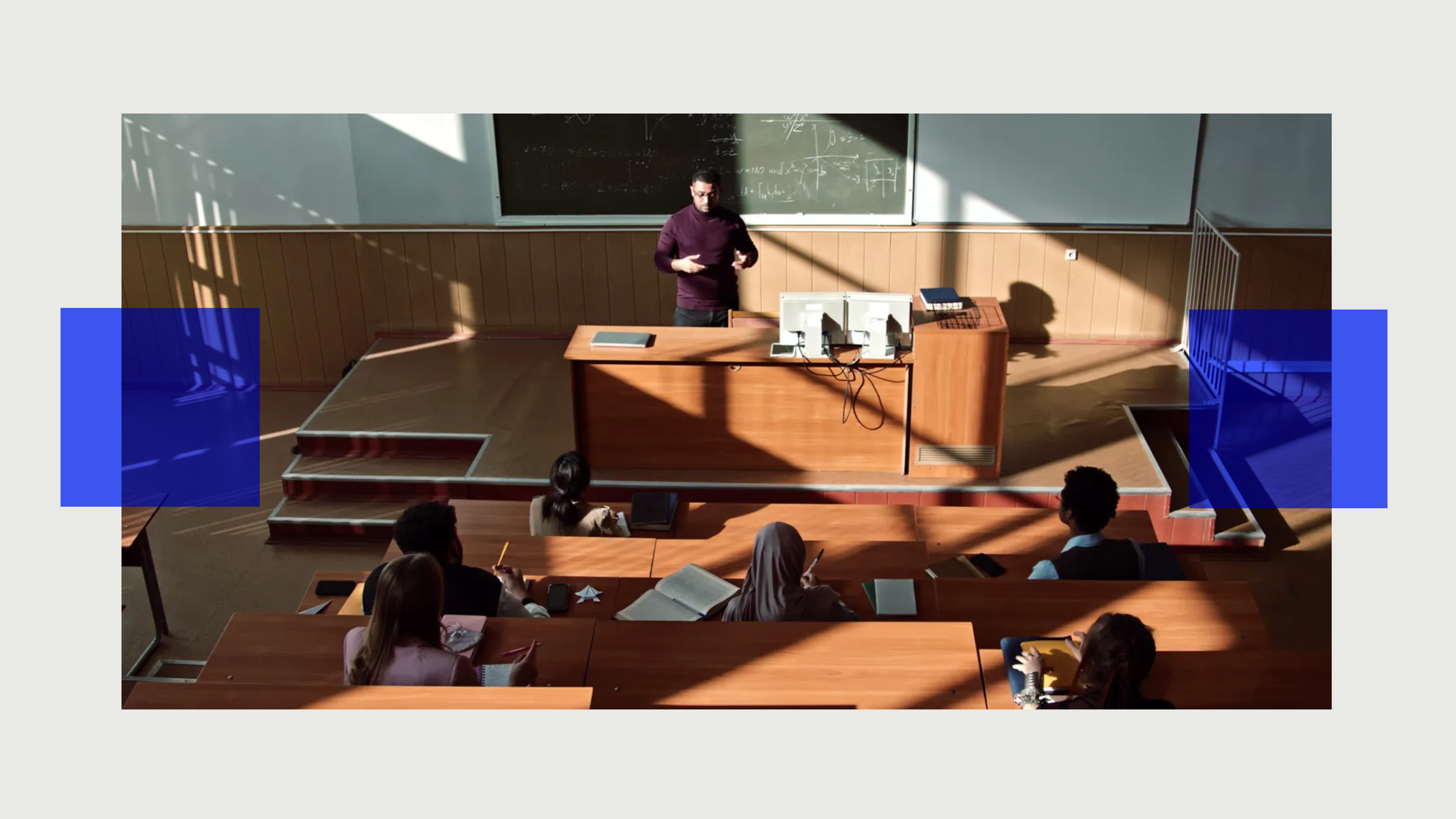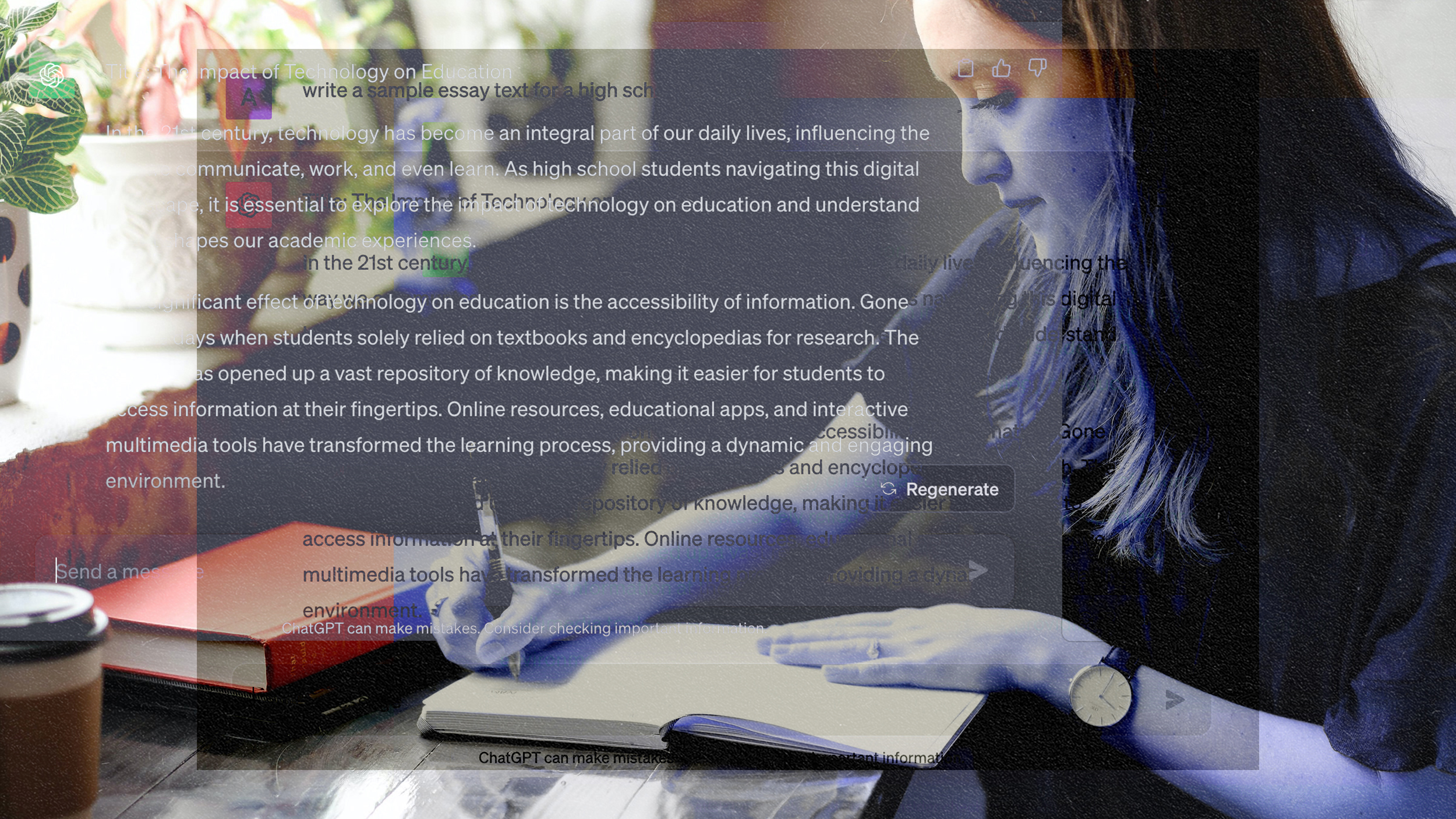NICHOLAS CHRISTAKIS: Recently I've been thinking a lot about the evolutionary origins of a good society. This idea that there might be a blueprint for the kind of society that people might make. In fact, that this might be a universal blueprint that people around the world might uniformly manifest these qualities. Let me give you an example. For instance, everywhere in the world we find friendship. In every society people are friends with each other. In every society people love their mates, for example. In every society people cooperate with each other.
Another thing that people do in every society is they teach each other things. Now you probably take this for granted that people teach each other things but actually it's really unusual in the animal kingdom. So, for example, many animals learn stuff. A little fish in the sea can learn that if it swims up to the light it'll find food there and it learns. So swim up to the light, I find food. And it's learning independently. Some animals, however, learn socially, and social learning is a rather different thing. For example, by imitation. So I watch – so you put your hand in the fire and you burn your hand. That's like the fish swimming to the light. You learn something. You've paid a price. You burned your hand but now you've learned something that the fire burns. Now I can watch you put your hand in the fire and I get almost as much knowledge but I pay none of the price. So that's incredibly efficient. That kind of social learning is incredibly efficient and this is much less common in the animal kingdom.
But we do something else. We not only learn from each other, we teach each other stuff. And this is exceedingly rare in the animal kingdom. We do it, elephants do it, certain primates do it, and certain other species engage in the affirmative teaching of one animal teaching another animal. And this is extraordinary and it lies actually at the root of our capacity for culture. The very fact that we are able to accumulate knowledge and transmit it across space and time so that when you are born you actually are born into a world in which calculus has already been invented. You were born into a world in which animals have already been domesticated. You were born into a world in which roads have already been built. All this accumulated knowledge is yours for the taking. You were born into a world in which the stars have been mapped. Other people have done this and they've transmitted it to you across time. You are learning from them. They are teaching you.
Or across space. Somewhere else in the world something is invented or a friend of mine discovers something and teaches it to me. There's a lateral transmission that's taking place, not just an intertemporal transmission that's taking place. So teaching is a key and fundamental aspect of our humanity. It's been shaped by natural selection, it's universally seen in societies around the world, and it lies at the core of our ability to be a cultural animal which, in turn, is what makes us the ascendant species on the planet. Well, how are we going to teach and learn from each other if we don't talk to each other. And how are we going to teach and learn from each other if we lie to each other. In order to optimally enact this trait which is so deeply fundamental to our human nature, we have to allow people to express themselves. We have to privilege a kind of communication that allows us to teach and learn from each other.
And so I would make an argument in a kind of indirect way that what universities are trying to do when they privilege academic freedom, when they say we want to create an environment in which people can really teach and learn from each other in keeping with this evolutionary heritage is they have to honor this commitment to free and open expression.
So I've been an academic my whole life. I love scholarship. I love learning things. I love knowing things. I love discovering things. It's a source of deep personal satisfaction. It's very fulfilling to be able to see new things about the world. In fact, that feeling of discovery when you're a scientist is unlike any other feeling I have. And once you've drunk from that well you just want to drink again. If you're the first person to see something it's so exciting. It's such a special feeling you're desperate for it again. And even the best scientists have that feeling very rarely. They have sort of minor versions of that feeling but that real feeling of discovery is extraordinary. So I've spent my whole life trying to discover knowledge, trying to communicate knowledge in academia.
And therefore I've been to universities around the world and I think I can confidently say that our universities are the best ones on the planet. And I'm not going to call out other countries but I've been to most of the other countries that have important universities, and our universities are extraordinary. And I would even say that they are a hallmark of our civilization.
They reflect our democratic principles. They reflect our wealth. They're a driver of our economic growth, the United States and elsewhere in the world. And so I see United States universities or American universities as a marker of our civilization. They reflect the best of us. They reflect our commitment to open expression. They reflect our commitment to democratic principles. They reflect our wealth. They're a product of our wealth, as well. So, for me they are I would even say the pinnacle of our civilization. Certainly they're near the pinnacle or part of the pinnacle. And therefore they should be treasured and respected and supported. And, in fact, one of my concerns lately is that many faculty have I think lost sight of what the purpose or what our role in our society is. And why do we get to live these lives devoted to scholarship? We are in these universities because of the endowments that have been given typically by wealthy individuals or because of tax dollars and those monies flow to universities not so that we can have some kind of cushy lifestyle.
They flow so that we can further the mission of a university which is the preservation, production, and dissemination of knowledge. And to the extent that our universities fulfill that mission, I think we can keep the confidence of the society of which we are a part. But to the extent that we do not honor that mission, to the extent that we seem to be concerned about preserving our cynosures, to the extent that we seem to be overly ideological, we lose the confidence of the broader society upon whose generosity, I would argue, we depend.






